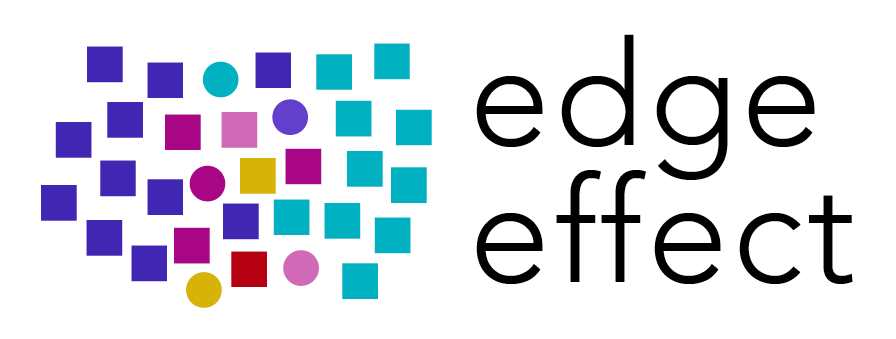Impact of COVID-19 on LGBTIQ+ People

Geography
Global
Status
Report Published April 2020
Partners
n/a
Summary
The COVID-19 crisis is having specific impact on people with diverse SOGIESC1 (aka LGBTIQ+ people). Donors and aid organisations can address this by ensuring that COVID-19 humanitarian and development programs recognise people with diverse SOGIESC as a group with rights, needs and strengths, and by supporting diverse SOGIESC CSOs and community-based responses.
LGBTIQ+ people need safe and dignified health care, protection from safety and security risks resulting from movement restrictions, and assistance to overcome loss of livelihoods. In many instances, these challenges faced by LGBTIQ+ people during the COVID-19 crisis are exacerbated by entrenched legal, social and economic inequalities. In addition to needs in the relief phase, discrimination experienced by LGBTIQ+ people in families, communities, workplaces and other contexts will provide additional challenges for re-establishing livelihoods and managing stress during recovery phases. LGBTIQ+ CSOs and allied organisations have reported that:
-
People with diverse SOGIESC have lost livelihoods, especially transgender and gender diverse people who rely on street-based work or charity. Loss of income and movement restrictions have affected access to food, accommodation and other basic necessities.
-
Some LGBTIQ+ people have greater health vulnerability, access to SRHR and trans-specific health care has been compromised, and that diverse SOGIESC inclusive mental health support is needed.
-
Shelter-in-place and other constraints have forced some LGBTIQ+ people into potentially unsafe living arrangements with family members who do not accept diversity of gender and/or sexuality.
-
Some government responses are not diverse SOGIESC (or gender) aware, and far less actively inclusive or transformative. Officials and community leaders sometimes fail to include people with diverse SOGIESC in distributions. Trans and other ‘visible’ individuals, in particular, are fearful to approach public distributions of basic services. Re-direction of funds to support government responses risks undermining existing progress on inclusion, and may result in relief or recovery that leaves some people out.
-
Religious leaders and community members have blamed LGBTIQ+ people for causing the crisis.
-
CSOs are undertaking their own community assessment and responses, to fill gaps in official responses.
-
Their own organisations (CSOs) are under great stress and need support a) for providing community-based response and b) to ensure their survival and capacity to resume regular activities post COVID-19.
However this crisis is an opportunity to model diverse SOGIESC inclusion within relief and recovery, to build awareness of LGBTIQ+ issues, establishing new partnerships, and create new expectations for future programs.
Overview of Recommendations
-
Ensure that design and implementation of new COVID-19 assistance addresses the rights, needs and strengths of people with diverse SOGIESC, in areas including (but not only) food, shelter, WASH, GBV, psychosocial support, and early recovery.
-
Avoid (where possible) cancelling or delaying programs that provide essential funding for diverse SOGIESC CSOs and communities, or redirecting funding away from marginalised communities and CSOs to programs that are not inclusive.
-
Support diverse SOGIESC organisations and networks that can undertake COVID-19 community-based response, through assistance for needs assessments, relief activities, and livelihoods recovery; and provide organisational funding to ensure they survive this crisis to resume other community support activities.
-
Work with diverse SOGIESC CSOs and communities to understand and address protection challenges.
-
Support diverse SOGIESC CSOs to communicate needs and advocate with governments and humanitarian actors; and use this opportunity to encourage relationships to support longer-term LGBTIQ+ inclusion.
